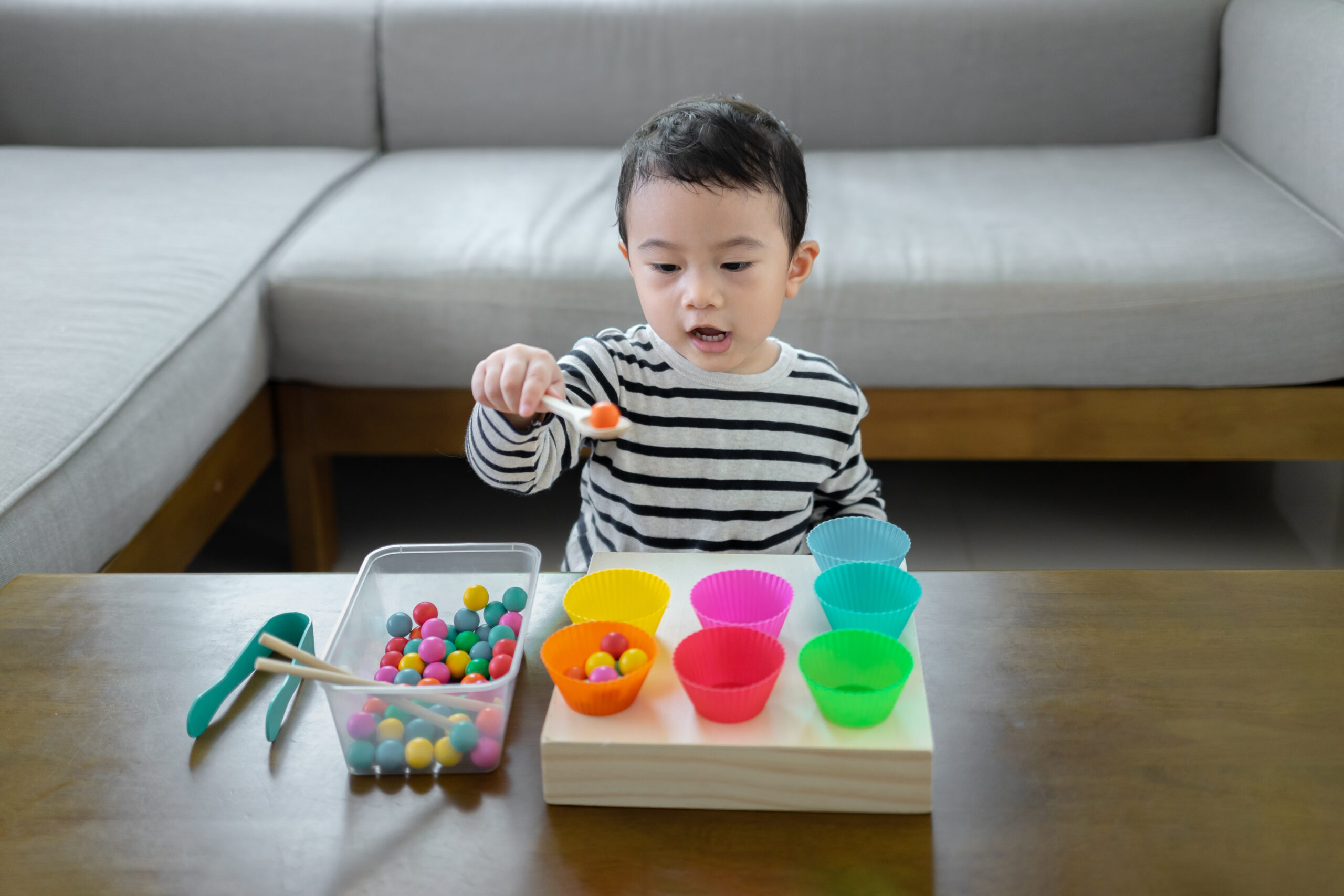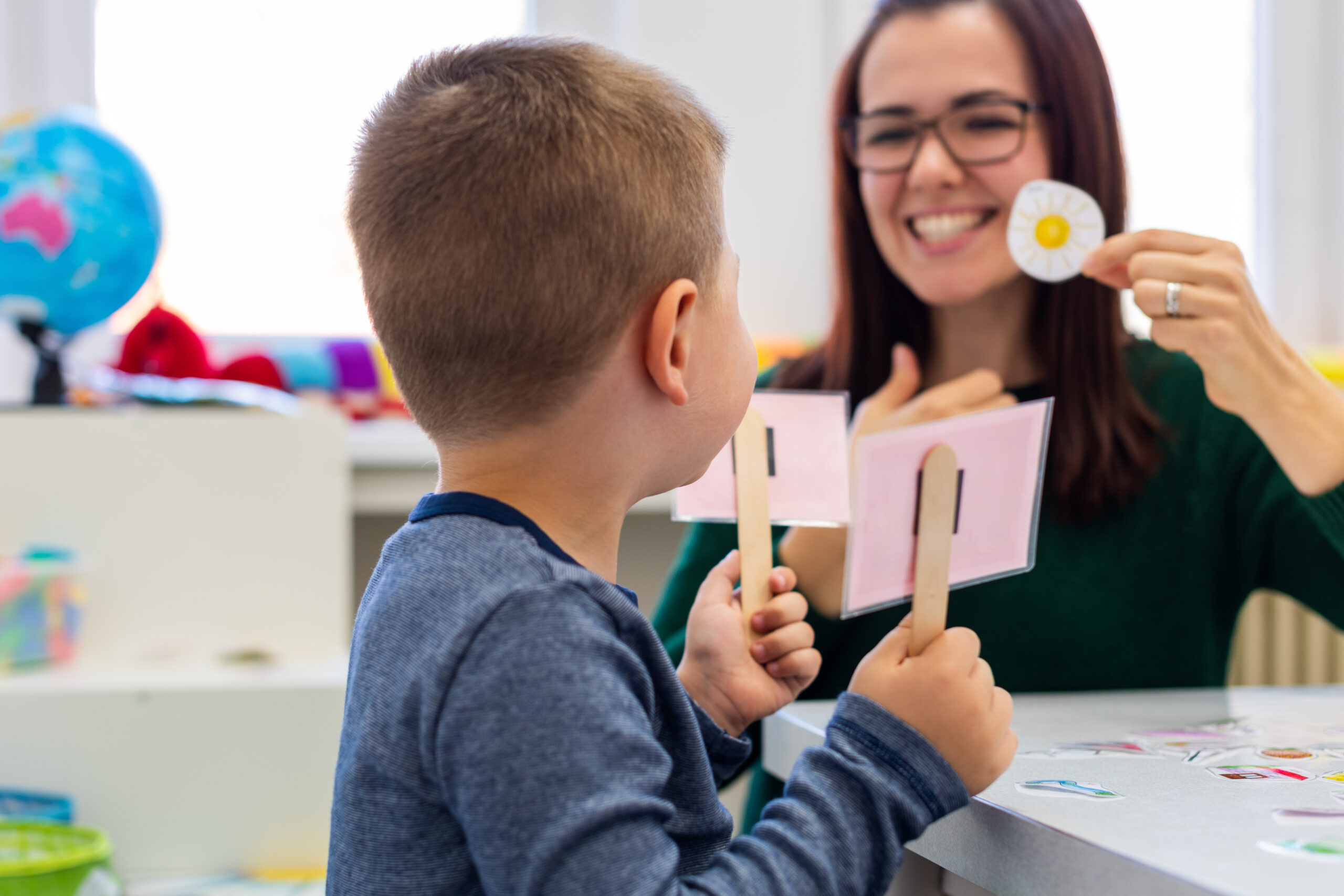Early Childhood Learning Trends for 2025

Early Childhood Learning Trends for 2025
As we step into 2025, early childhood education continues to evolve, reflecting the needs of a dynamic and diverse world. Educators and researchers are embracing innovative approaches to ensure young learners receive the best start in life. Here, we explore key trends shaping early learning environments this year.

-
Technology Integration in Play-Based Learning
Technology has become an integral part of early childhood education, enhancing learning experiences while supporting developmental goals. Interactive tools such as augmented reality (AR) and age-appropriate coding games are helping children explore complex concepts through play.
“Technology, when used thoughtfully, can open up a world of possibilities for young children,” says Mia Nguyen, an early childhood educator and advocate for digital literacy. “It’s not about screen time but about meaningful interaction. AR storybooks, for example, bring tales to life, making reading a multisensory experience.”
Educators are also leveraging apps to track children’s progress, offering personalised insights that guide lesson planning and parent communication.
-
Emphasis on Cultural Inclusivity
Cultural inclusivity has become a cornerstone of early childhood education. Programs are designed to celebrate diversity, encouraging children to appreciate different cultures and traditions from an early age. This includes incorporating multilingual storytelling, cultural festivals, and traditional art forms into the curriculum.
“Our classrooms are a microcosm of the wider world,” notes Priya Sharma, Room Leader in a multicultural early learning centre. “By introducing children to diverse perspectives, we’re fostering empathy and understanding. It’s about preparing them to thrive in a global community.”
In Australia, this includes a strong focus on giving children an understanding and appreciation of Aboriginal culture. Centres can forge ties with local Aboriginal elders and communities and incorporate their input and perspectives into program planning.
-
Nature-Based Learning Experiences
Outdoor education is gaining momentum, with many educators advocating for the benefits of connecting children to nature. Programs such as forest schools or gardening activities teach children about environmental stewardship and provide opportunities for hands-on exploration.
“When children engage with nature, they learn in a way that’s both tactile and transformative,” explains James, an Educator with experience in a forest school setting. “They develop resilience, problem-solving skills, and a deep respect for the environment. It’s learning that stays with them for life.”
Parents are also noticing the benefits. “My two kids have been part of a forest school program for a year now,” shares Sarah Bennett, a parent. “I’ve seen them grow to be more confident, curious, and connected to the world around them. It’s amazing to watch them thrive in such a nurturing, natural environment.”

-
STEM for Tiny Tots
Introducing STEM (Science, Technology, Engineering, and Math) to preschoolers has been proven to boost critical thinking and curiosity. Activities like building simple machines, exploring water properties, or coding simple robots are becoming staples in classrooms.
STEM isn’t just for older children; it’s about fostering curiosity. When a child figures out how to balance blocks or observes a bug under a magnifying glass, they’re engaging with STEM concepts in powerful ways. Incursions and excursions also provide exciting opportunities to incorporate STEM activities, allowing children to explore concepts in real-world settings and deepen their understanding through hands-on experiences.
The Road Ahead
Early childhood education in 2025 is all about creating holistic, inclusive, and innovative environments where children can thrive. Whether through technology, cultural awareness, or outdoor learning, these trends are setting the stage for a brighter future.
Education is the most powerful tool we have to shape the next generation. By embracing new ideas and celebrating the unique potential of every child, we’re building a world that’s brighter and kinder.
Are you ready to be part of this exciting evolution in early childhood education?